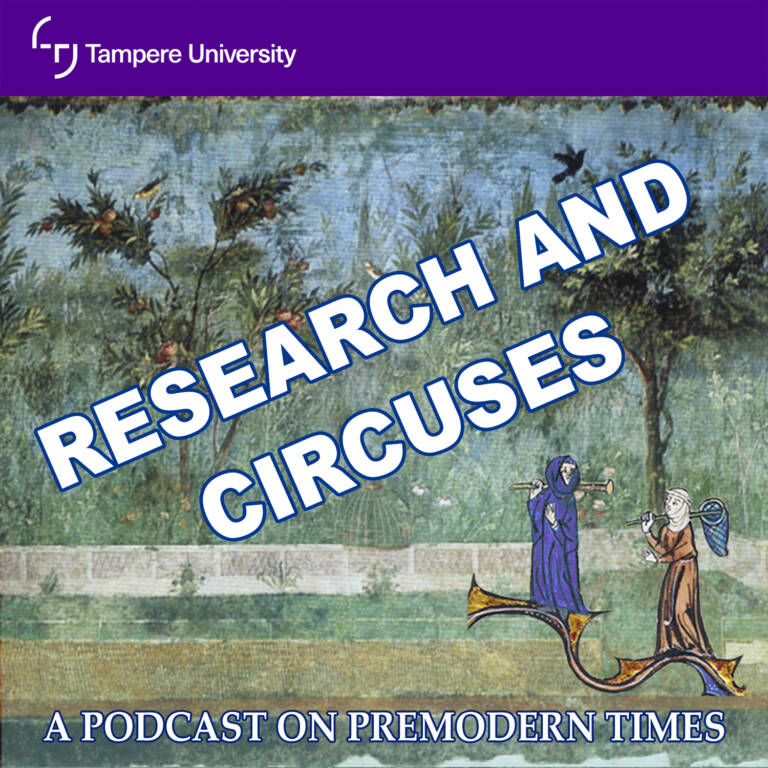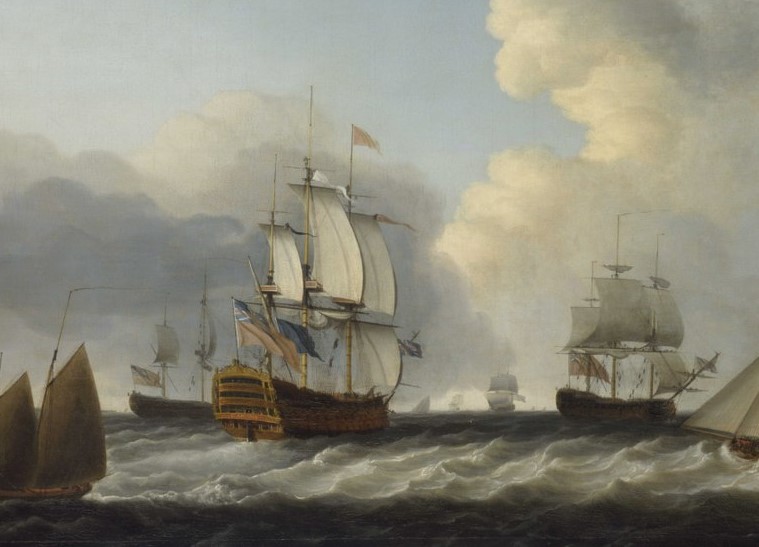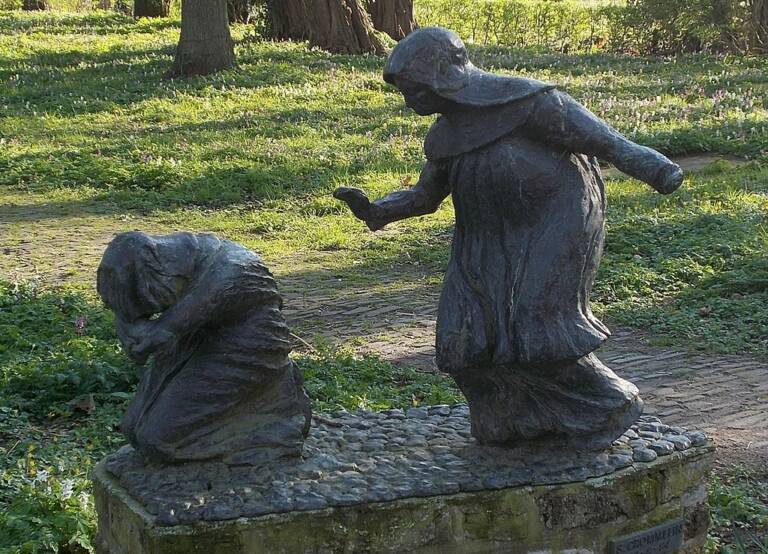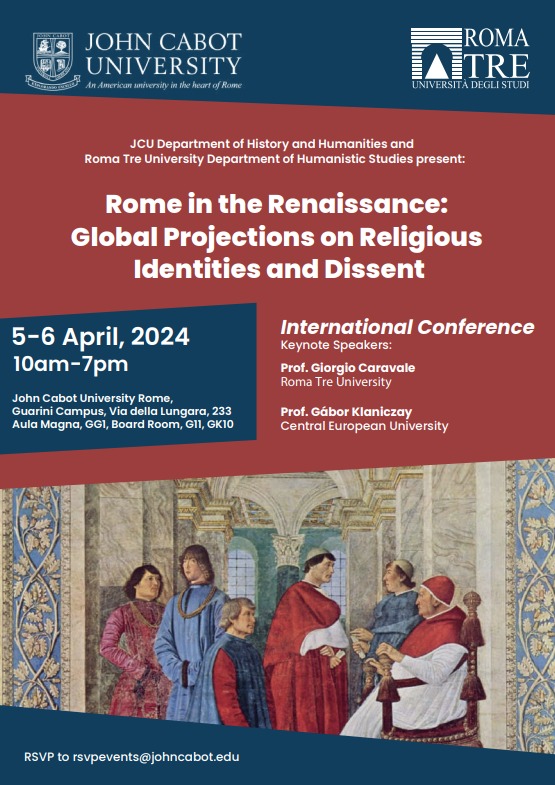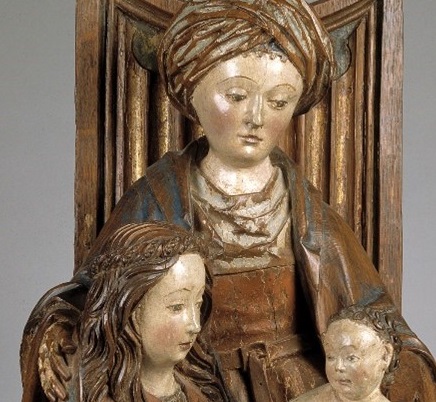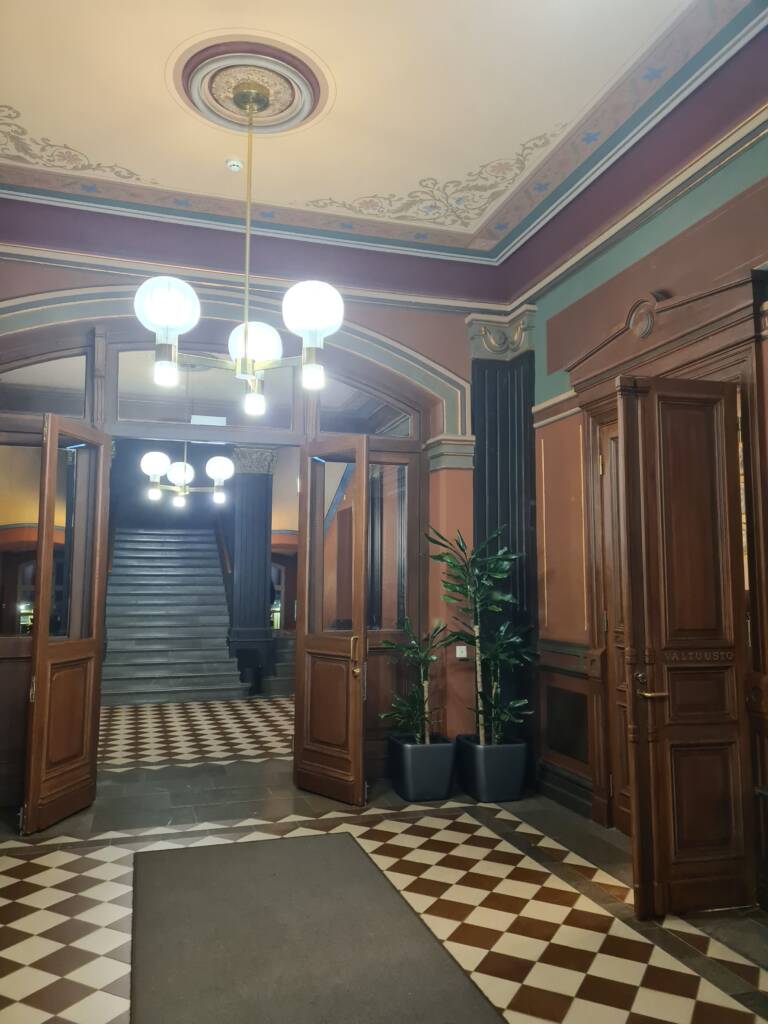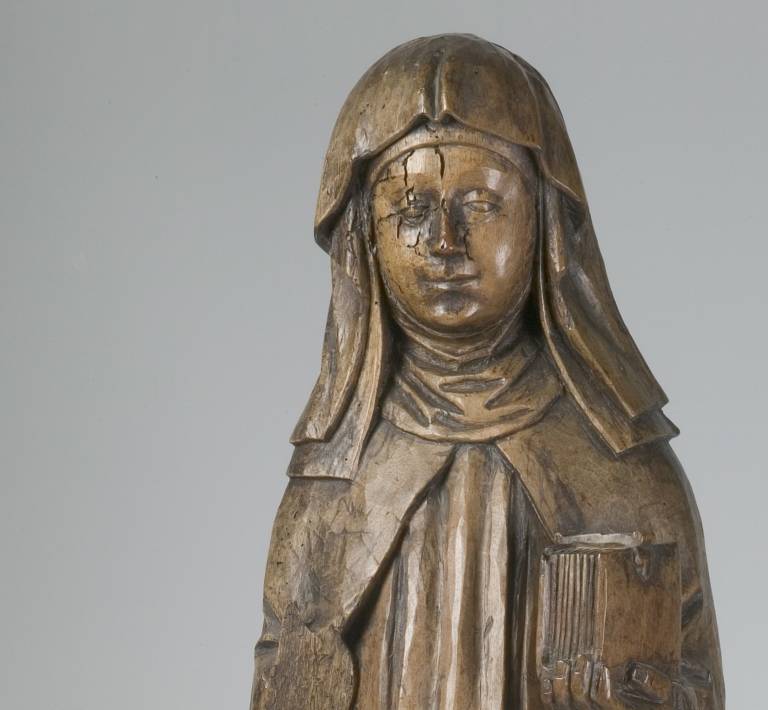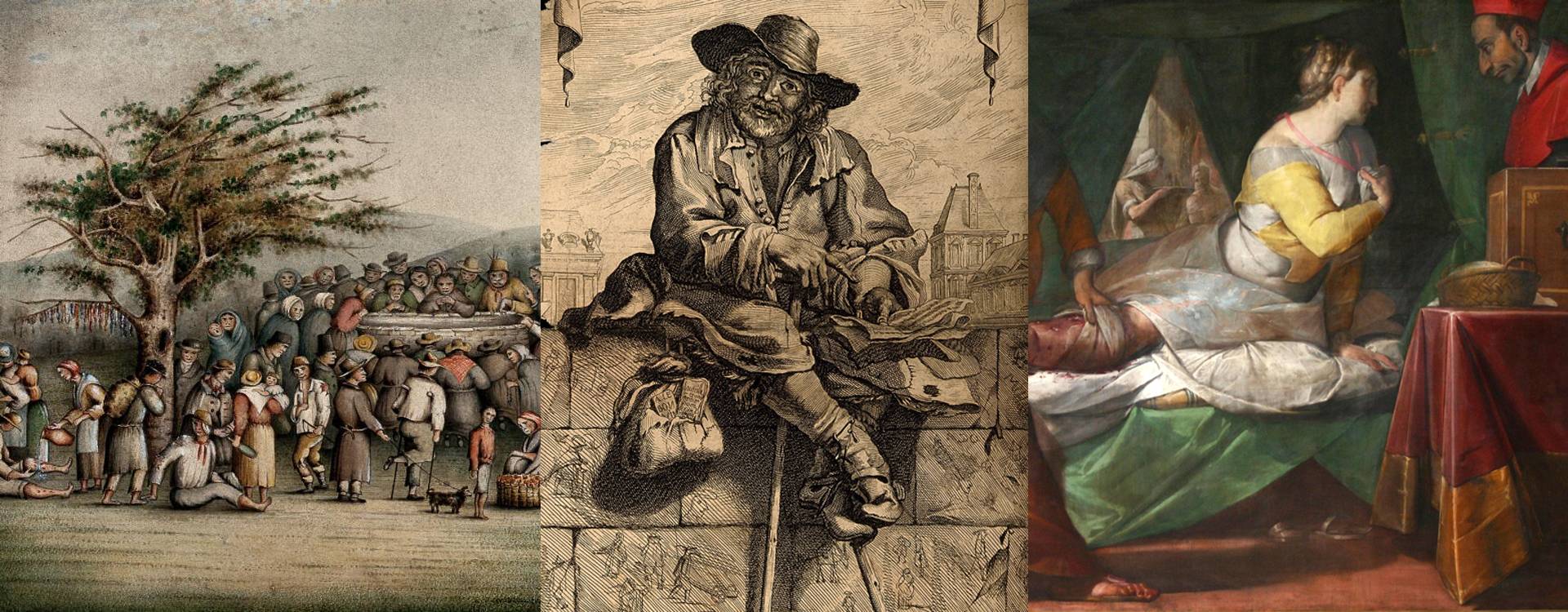
About the project
This research project concentrates on the significance of Christian lived religion in understanding and experiencing disability, analysing the ways religious rituals, views, and practices framed and shaped bodily and mental difference. By emphasising religion as a lived experience and taking a longue durée approach to disability history from the Late Middle Ages / Renaissance to the Industrial Revolution (c. 1450–1850), this project is the first-ever social history of disability to range across traditional periodisations to examine the significance of religious beliefs and practices to the emergence of disability as a social category of modernity. In doing so, the project also evaluates the ways in which the major cultural transformations of this period impacted the role and relative importance of religion as a framework shaping conceptions and experiences of disability. The project is affiliated with the Research Council of Finland Centre of Excellence in the History of Experiences.

